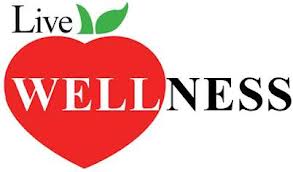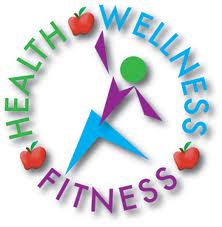 Many of us never stop to think about understanding our health until something goes awry. We assume that just because we don’t have a disease or an ailment that requires immediate attention, we are “healthy.” This strategy can be costly—not just in terms of money, but also in how it prevents us from optimizing our physical and emotional health, which can set the stage for complications and the onset of chronic conditions down the road.
Many of us never stop to think about understanding our health until something goes awry. We assume that just because we don’t have a disease or an ailment that requires immediate attention, we are “healthy.” This strategy can be costly—not just in terms of money, but also in how it prevents us from optimizing our physical and emotional health, which can set the stage for complications and the onset of chronic conditions down the road.
If you aren’t sure whether you’ve been proactive enough with your health goals, reflect on the following questions:
1. Do you wait for an injury, illness or other ailments before you take measures to protect your health?
2. Do you hold a black and white view of health, thinking about it only in terms of disease or lack of disease?
3. Are you taking a proactive role in disease prevention by learning about your family health history and responding to this information
4. Have you reflected on the more holistic elements of health, such as happiness, the expression of creativity, enjoying the moment, utilizing your senses and sharing love?
If you answered yes to the first two questions, you may need to redefine what it means to be healthy. Rather than thinking about two poles—healthy versus sick—consider the many different degrees of health and wellness in between. Even when you’re not suffering physical symptoms, there are still things you can do to feel even better and measures you can take to safeguard your future health. Likewise, a quick fix to address an illness may not be the only thing worth focusing on.
The third and fourth questions examine different ways you can take control of and evaluate your health. If you answered yes to these, you’re on your way to better long-term wellness. You know that your health is not just about the physical manifestations and conditions that exist at one moment in time, but also less tangible factors like your family history, emotional wellness and overall quality of life. True health is not merely the absence of disease. It’s a reflection of the state of your body, mind and spirit. Use this description as inspiration, and explore the suggestions below to start living your optimal life.
 Make a Personal Health List. Begin writing down questions or concerns about any unresolved heath issues you may have, whether physical, mental or emotional.
Make a Personal Health List. Begin writing down questions or concerns about any unresolved heath issues you may have, whether physical, mental or emotional. Log Quality Sleep. If you’ve been living with chronic sleep deprivation or a sleep disorder for an extended time, you may not even realize the effect it’s had on your health. Really think about your sleep habits, your energy levels during the day and your bedtime routine. Do you toss and turn before falling asleep? Do you feel tired even after a full night’s rest? Do you know you should get more sleep, but feel you just don’t have enough time to get everything done during the day?
Log Quality Sleep. If you’ve been living with chronic sleep deprivation or a sleep disorder for an extended time, you may not even realize the effect it’s had on your health. Really think about your sleep habits, your energy levels during the day and your bedtime routine. Do you toss and turn before falling asleep? Do you feel tired even after a full night’s rest? Do you know you should get more sleep, but feel you just don’t have enough time to get everything done during the day?